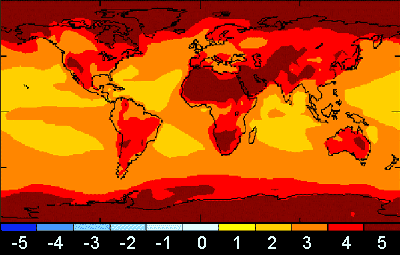Communicating Climate Change Consequences
Agro-Meteorological Indicators of Climate Change
Soil Water Budget model
Hadley Cell Climate Data
Climate Change and Agriculture
Coping with Climate Change
Climate Data
Climate Change
Climate change represents a significant source of risk to the future viability of marginal agricultural systems. The ability of these systems to adapt can often be constrained by their biophysical resources or their ability to invest in new infrastructure required by alternative land uses. While frequently marginal in terms of financial viability such agricultural systems perform a vital stewardship function, maintaining rural communities, landscapes an important habitats. It is important that the implications of climate change are explored for these systems and that strategies are developed to ameliorate the effects of climate change on their financial, social and environmental viability. One approach to these questions is to test the impacts of climate change scenarios for exemplar management units.

(deg C) at 2090 (Hansen, GCM NASA GISS, 1995)
assuming projected CO2 of 700 ppm.
The Macaulay Institute has, for 10 years, been developing computer-based decision support systems (DSS) to assist land-managers with strategic, farm-scale, land-use planning decisions. These DSS provide a framework within which it is possible to conduct a wide range of counterfactual analyses assessing the financial, social and environmental impacts of changes to the land management context. The DSS have been particularly successful in allowing exploration of the structure of trade-offs between multiple objectives. Since the individual land-management unit, or farm, is one of the fundamental units within the agri-ecosystem, understanding the impacts of change on these units may also be used to better inform policy makers.


